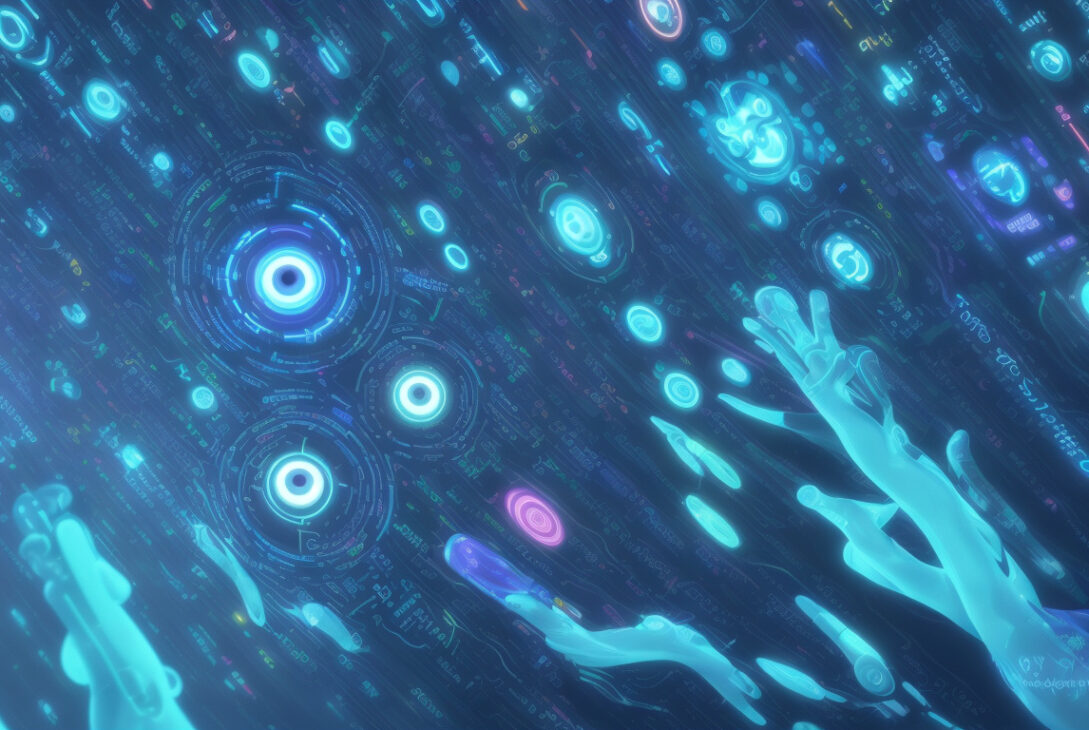‘It’s the Most Empathetic Voice in My Life’: How AI is Transforming the Lives of Neurodivergent People
By Hani Richter, July 26, 2025
For many neurodivergent individuals—those whose brains function differently from the neurotypical population—communicating in everyday social and professional settings can be a daunting challenge. Conditions such as autism, attention-deficit hyperactivity disorder (ADHD), dyslexia, and others often come with unique difficulties in interpreting social cues, expressing thoughts clearly, or engaging confidently with others. Emerging artificial intelligence (AI) tools like OpenAI’s ChatGPT are increasingly becoming transformative allies in overcoming these hurdles, providing real-time communication support and emotional understanding to their users.
A Personal Lifeline for Communication
Cape Town-based filmmaker Kate D’hotman, who is autistic and has ADHD, is among those who consider AI-assisted communication indispensable. D’hotman, 40, known for directing horror films, finds connecting deeply through her work natural, but everyday conversation is an exhausting maze. “I’ve never understood how people decipher social cues,” she remarks.
Since 2022, D’hotman has routinely turned to ChatGPT, an AI-powered chatbot, to bridge communication gaps both at work and in her personal life. “I know it’s a machine,” she admits, “but sometimes, honestly, it’s the most empathetic voice in my life.”
D’hotman explains how AI serves multiple roles for her—an editor refining the tone of emails, a translator converting her unique expressions into more commonly understood language, and a non-judgmental confidant helping unpack misunderstandings. In one instance, after she sent her employer a blunt bulleted list of company improvements—which was received as rude—she learned to use ChatGPT to calibrate messages more sensitively.
More strikingly, she recounts uploading months of conversations with her best friend so the AI could analyze the exchanges and reveal subtle nuances she might have missed. Unlike human responses, she values the chatbot’s positivity and lack of judgment.
Supporting a Broader Neurodivergent Community
D’hotman’s experience is echoed by others worldwide. Sarah Rickwood, a senior project manager in Kent, England, who also has autism and ADHD, notes that she often feels lost in conversations and unable to do justice to her ideas. "ChatGPT has allowed me to do a lot more with my brain," she says, crediting the AI with helping her craft clearer emails and business proposals.
This rise in AI adoption aligns with broader trends. A January 2025 study by Google and Ipsos showed a 48% jump in global AI usage, reflecting growing excitement about its practical benefits over fears of potential negatives. OpenAI reported surpassing 400 million weekly active users by February, including over 2 million business subscribers.
Recognizing the impact on neurodivergent individuals, new AI applications specifically designed with their needs in mind have emerged. Michael Daniel, an Australian engineer and entrepreneur from Newcastle, created Neurotranslator after both he and his daughter were diagnosed with autism. The app functions as a personal assistant, helping users interpret social interactions and avoid misunderstandings.
Daniel recounts an example where he commented on his wife’s shirt without realizing how his remark might sound. Using Neurotranslator, he learned that such comments require a positive phrase to avoid seeming critical. “The emotional baggage that normally comes along with those situations would just disappear within minutes,” he explains. Since launching in September 2024, Neurotranslator has attracted over 200 paying subscribers, while a predecessor, Autistic Translator, previously reached 500 monthly paid users.
Balancing Benefits and Risks
Despite undeniable benefits, experts caution against overdependence on AI companions. Larissa Suzuki, a neurodivergent computer scientist and visiting NASA researcher in London, warns that the “very seductive” ease of obtaining instant responses might undermine users’ independence over time.
“If AI starts screwing up or giving wrong results—as has been observed with some AI search engines—people might give up on technology, and even on themselves,” Suzuki warns.
Gianluca Mauro, an AI adviser and co-author of Zero to AI, adds that AI chatbots’ primary objective to satisfy users raises concerns about their capacity to offer critical, necessary advice. Unlike human therapists bound by ethical standards, AI lacks such constraints. Mauro suggests that potential AI addiction could necessitate future regulation.
Research conducted jointly by Carnegie Mellon University and Microsoft further underscores possible drawbacks, finding that long-term reliance on generative AI can diminish critical thinking skills and reduce users’ engagement, especially for routine or low-stakes tasks. The downside: users might struggle to act independently without AI assistance.
Clinical psychologist Dr. Melanie Katzman acknowledges AI’s positives for neurodivergent people but notes the risk of users avoiding real-world social engagement. “A therapist will push their patient out of their comfort zone. I think it’s harder for your AI companion to do that,” she says.
A Vital Tool, Not Just Convenience
For many neurodivergent individuals like D’hotman, however, such concerns feel abstract compared to the immediate emotional relief AI provides. After her autism diagnosis, D’hotman experienced profound isolation, rarely leaving her house for an entire year. The thought of abandoning ChatGPT now is frightening.
“As somebody who’s struggled with a disability my whole life, I need this,” she emphasizes.
As AI technologies continue evolving, their role in supporting neurodivergent individuals is becoming increasingly significant, offering not just convenience, but empathy and understanding where human connection often falls short.
Editing by Yasmeen Serhan and Sharon Singleton; Illustration by Karolis Strautniekas









